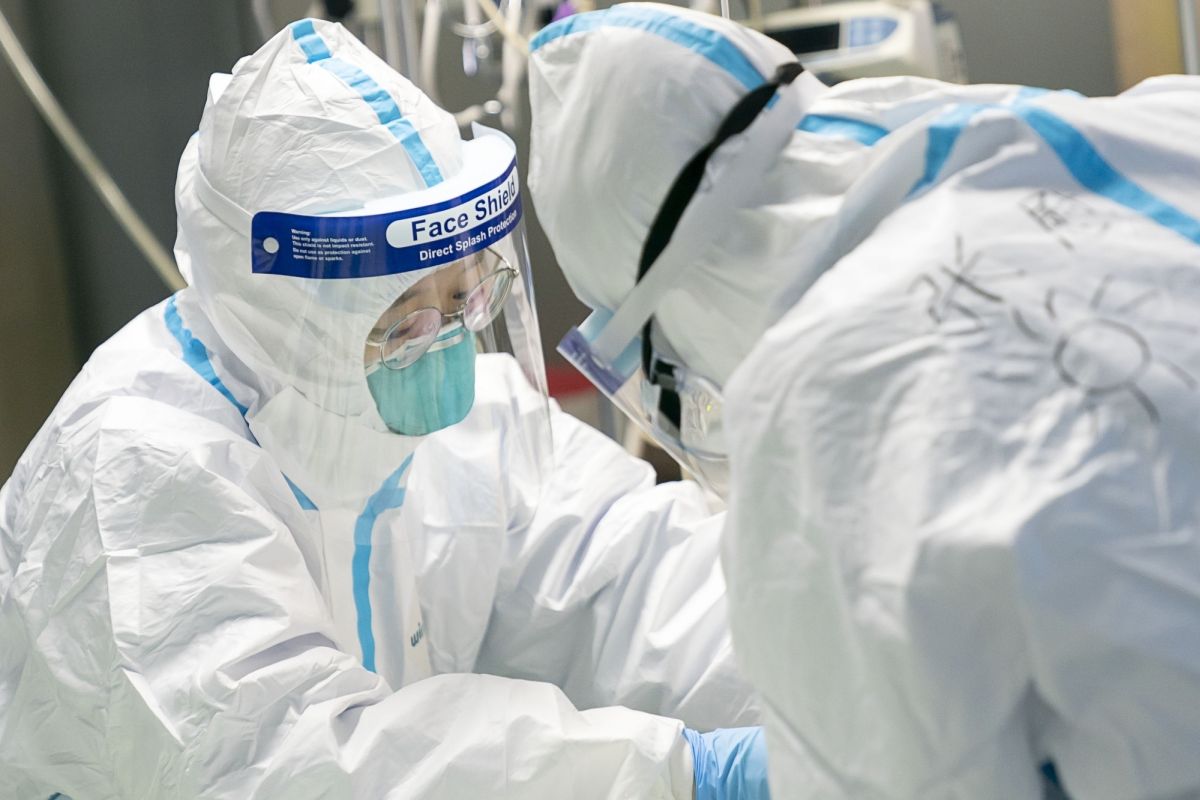The admission by China on Friday that the numbers of those who died from coronavirus in Wuhan were under-reported and that they had now been corrected to reflect a 50 per cent jump confirms that sceptics were right in doubting the information put out by the usually mealymouthed Communist nation over the past three months.
So far, there was only anecdotal evidence available ~ such as the presence of thousands of urns ~ to suggest that China was feeding the world an incomplete factsheet. Now Beijing says it has corrected the figures because it wants to be “responsible to history, the people and the deceased”.
Advertisement
But the opacity of the regime has been evident ever since the virus outbreak was reported. To that extent, at least, the WHO chief’s early praise for China’s transparency now seems woefully misplaced. As debates rage on the need for increased testing to contain the virus, no reliable figures are available of the extent to which China tested its citizens, in Hubei province or elsewhere.
A part of the explanation may lie in the utter unreliability of Chinese testing kits, as reported by various nations around the world, and a fact China must have been aware of quite early in the game. Spain purchased test kits from a Chinese company but found that results were inaccurate.
The Czech Republic reportedly purchased 300,000 test kits from China for about 2 million euros and found that nearly 80 per cent gave false positive or negative results. Slovakia purchased 1.2 million test kits from China and found them so inaccurate that the country’s Prime Minister felt they ought to be dumped into the Danube.
Turkey reported similar problems with Chinese testing kits, while the United Kingdom after much hoopla about stepping up testing was forced to admit that the 3.5 million kits obtained from China were unusable. Yet, even as China reports sketchily on the efficacy and extent of its testing, it continues to find countries desperate to procure its testing kits, most recently India which has just received a few lakhs of these, for want of anything better in the midst of widespread panic.
Having said that, it must fairly be conceded that death statistics can be woefully wrong, not the least because of the presence of comorbidities especially in elderly patients, who are said to be the primary target of the virus. In Italy, reportedly one of the worst affected nations, for instance, less than 12 per cent of the fatalities are said to be directly linked to the virus.
Spain now is re-calibrating its casualties to account for comorbidities. But in China’s case, eyebrows are bound to be raised because of how the country has shared information on the virus, after having initially tried ~ quite brutally ~ to suppress it.
The world and its health organisations must realise and accept that calibrated responses to the emergency they face are possible only with accurate and timely information. That information may not always come from China.











